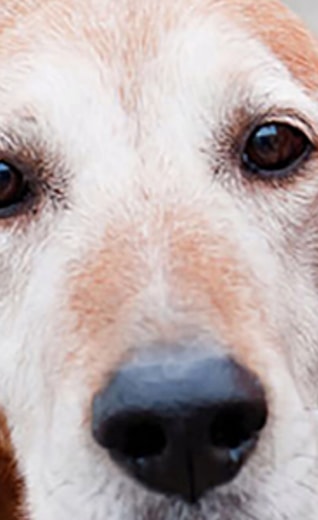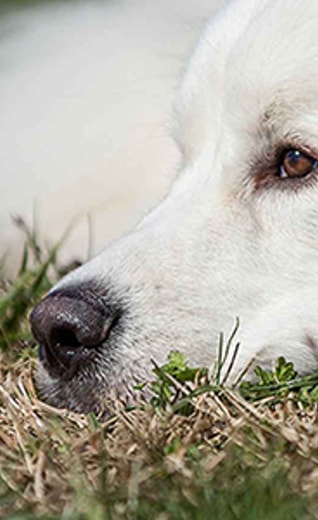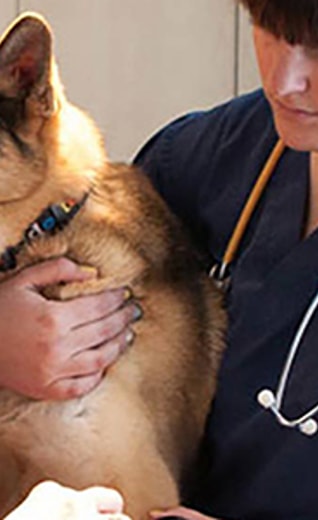
The Toy Poodle’s 5 Biggest Health Risks
As a Toy Poodle owner, you can consider yourself lucky. Your cuddly little breed is not only a generally healthy one, it has a life expectancy of as long as 18 years. Of course, like all purebred dogs, the Toy Poodle does have its share of inheritable health problems.
A brief look at some of the most common ailments facing your breed
Skin Tumors: These tumors are a result of abnormal cell growth on a dog's skin. They appear as lumps that don't go away, unless surgically removed. Skin tumors can be malignant—which spread to other areas of the body—or benign. A biopsy is the only way to determine what kind of tumor your dog has. If a lump is benign, your veterinarian will likely tell you to do nothing. But if malignant, a skin tumor must be treated aggressively. It's best to have any skin lumps checked by your veterinarian.
Bladder Stones: Just like humans, dogs can suffer from bladder stones—and they can be very uncomfortable for your Toy Poodle. Bladder stones occur when there are high concentrations of minerals in the urine. Bladder infections can also contribute to the onset of bladder stones. If your Toy Poodle is urinating more than usual, is unable to urinate, or has blood in his urine, contact your veterinarian immediately. These are all signs that your pet may be suffering from bladder stones or another urinary tract problem. Consult your vet about treatment for bladder stones in dogs. (opens in new window)
Tracheal Collapse: This occurs as a result of a weakness in the cartilage rings of a dog's windpipe. If you notice your Toy Poodle wheezing, having trouble breathing, or coughing a lot, have your vet see him right away.
Cushing's Disease: This very serious condition occurs when the adrenal glands produce too much cortisol (a hormone produced by the body). A dog suffering from this problem will drink more, eat more, and urinate more than usual. You may also notice that your dog is losing his hair. Be on the watch for a swollen abdomen—it's an early warning sign of Cushing's Disease.
Cataracts: When a Toy Poodle suffers from cataracts, the lens of the eyeball begins to get cloudy. If your dog has cataracts, you may notice that the center of his eye is no longer clear, and has become white. You may also notice that your dog is having trouble seeing and is walking into the walls and furniture.
Watching for symptoms of these particular problems is your best defense. You can also talk to your veterinarian about preventive health measures that can help minimize illnesses that affect your favorite pooch.







